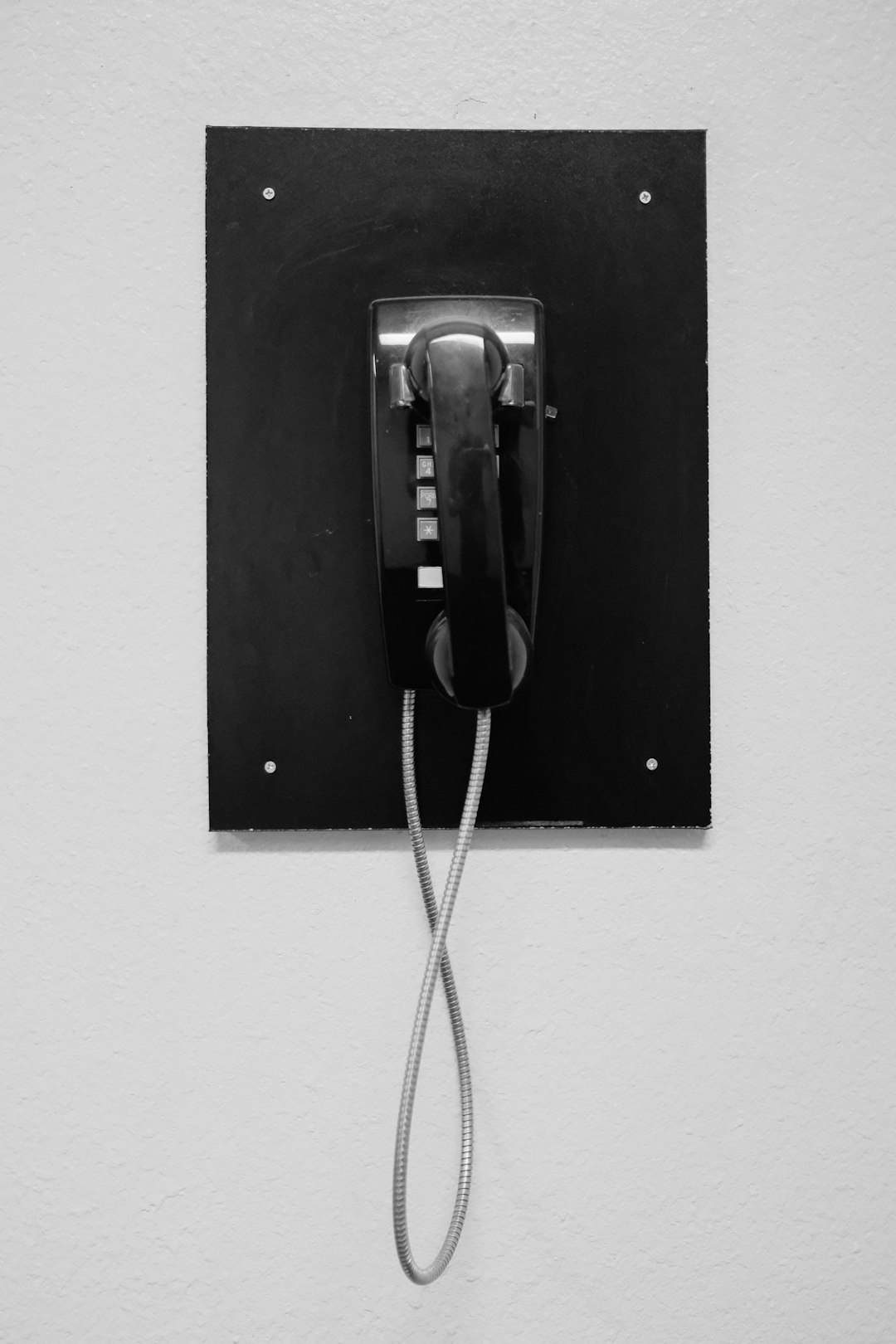In Delaware, both state and federal laws, such as the Fair Debt Collection Practices Act (FDCPA) and the Delaware Debt Collection Act, protect individuals from unfair and harassing debt collection practices. When facing relentless or abusive collection attempts, consulting a reputable debt collector lawyer in Delaware is essential. These attorneys can guide clients on their rights, send cease-and-desist letters, negotiate with collectors, and file lawsuits to stop harassment and ensure fair treatment throughout the debt collection process. Documenting interactions with debt collectors is crucial evidence if legal action becomes necessary.
In Delaware, understanding and protecting yourself against debt collector harassment is crucial. This comprehensive guide delves into the state’s robust legal framework designed to prevent unfair debt collection practices. Learn what constitutes harassment and how debt collector lawyers play a pivotal role in safeguarding your rights. Discover practical steps to take if you’re facing persistent or abusive collectors, and explore effective legal actions and remedies available under Delaware law. Equip yourself with knowledge to navigate this complex issue confidently.
Understanding Debt Collector Harassment Laws in Delaware

In Delaware, debt collection practices are regulated by both state and federal laws aimed at preventing harassment and ensuring fairness. The Delaware Debt Collection Act outlines specific rules that debt collectors must adhere to, including restrictions on communication methods, frequency of contact, and disclosure requirements. Violations of these laws can lead to significant legal consequences for the offending collector or agency.
Hiring a reputable debt collector lawyer in Delaware is crucial if you’re facing persistent or harassing collection efforts. Such attorneys are well-versed in the local laws and regulations, and they can help you assert your rights while ensuring that debt collectors treat you with fairness and respect. They can also take necessary legal action against abusive collection practices, providing much-needed relief for those dealing with stressful financial situations.
What Constitutes Unfair Debt Collection Practices?

Unfair Debt Collection Practices refer to any aggressive, false, or harassing tactics employed by debt collectors in their attempts to recover debts. This includes actions that violate the Fair Debt Collection Practices Act (FDCPA), a federal law designed to protect consumers from abusive and deceptive collection methods. In Delaware, where many residents turn to debt collector lawyers for guidance, such practices can include making false statements about the debt, using threatening or harassing language, contacting individuals at inconvenient times, and failing to verify the debt when requested.
Debt collectors are prohibited from employing these tactics, as they can lead to legal repercussions, including financial penalties and lawsuits. Consumers in Delaware who believe they have been subjected to unfair debt collection practices should document any interactions with the collector and consult with a qualified debt collector lawyer to understand their rights and potential remedies under both state and federal law.
The Role of Debt Collector Lawyers in Preventing Harassment

In the complex landscape of debt collection, individuals often face harassment and unfair practices from collectors. This is where debt collector lawyers in Delaware step in to protect consumers’ rights. These legal professionals are equipped with a deep understanding of state laws, such as the Fair Debt Collection Practices Act (FDCPA), which governs how debt collectors must conduct themselves. They play a pivotal role in preventing abusive tactics like repeated calls, threats, or using false information to intimidate borrowers.
Debt collector lawyers provide guidance on legal boundaries and help clients understand their rights. They can take proactive measures to stop harassment by sending cease-and-desist letters, negotiating with collectors, or even filing lawsuits against those who violate consumer protection laws. With their expertise, these attorneys empower individuals to stand up for themselves and ensure they are treated fairly during the debt collection process.
Protecting Your Rights: Steps to Take Against Harassing Collectors

In Delaware, it’s crucial to understand your rights when dealing with debt collectors to prevent harassment. The Fair Debt Collection Practices Act (FDCPA) provides consumers with protections against abusive or unfair collection practices. If you feel harassed by a debt collector, document every interaction, including dates, times, and a detailed description of the behavior. This evidence can be invaluable if you decide to take legal action.
Consulting with experienced debt collector lawyers in Delaware is a significant step towards protecting your rights. These attorneys specialize in navigating complex consumer protection laws and can help you understand your options, including sending cease and desist letters, filing complaints with regulatory bodies, or even pursuing legal action for damages if the harassment persists. Remember, knowing and exercising your rights is essential to stopping debt collector harassment effectively.
Navigating Legal Actions and Remedies for Debt Harassment

In Delaware, navigating legal actions and remedies for debt harassment can seem daunting, but there are established protections in place to safeguard consumers. If you’ve been subjected to unfair or abusive practices by a debt collector, consulting with a skilled debt collector lawyers Delaware is a crucial step. These legal professionals specialize in interpreting complex consumer protection laws like the Fair Debt Collection Practices Act (FDCPA) and can advise on the best course of action.
Whether it’s filing a complaint with regulatory bodies, seeking damages for violations, or even negotiating a settlement, there are effective remedies available. Understanding your rights and taking prompt action is essential to stopping harassment and recovering from any emotional or financial distress caused by abusive debt collection tactics.






